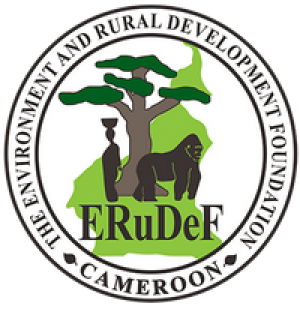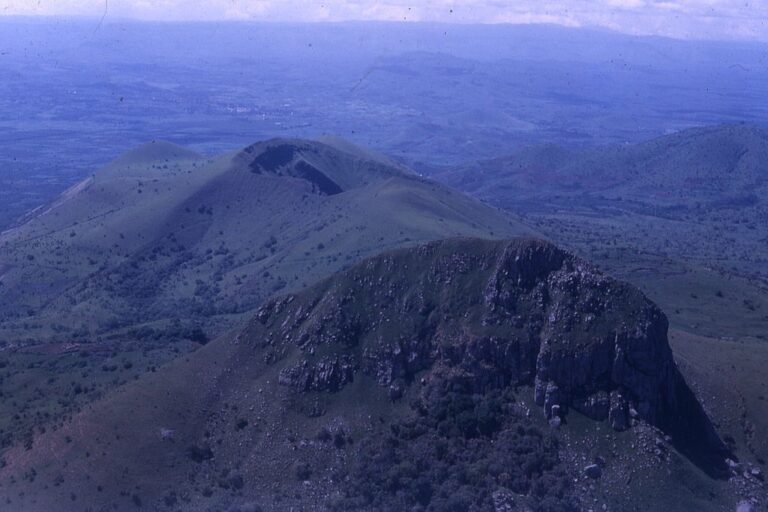[one_third] [/one_third]
[/one_third]
The remaining tropical forests in Cameroon are under severe threat due to encroachment by forest fringed communities. This has led to acute deforestation, hence, habitat loss and environmental degradation. In a two days meeting recently organised by the South West Regional Delegation of Forestry and Wildlife in Cameroon, managers of forest concessions and protected areas conservators in South Western Cameroon reported that over 30 000 hectares of forest land considered as protected and/or restricted zones have been cut down for agriculture and human settlement despite the fact that such activities are against the Cameroon forestry law. What is pushing the locals to this regrettable act, though crucial for solving the problem, is not clearly known. There is therefore the need to take prompt measures in order to redress this situation which has a negative effect on the national economy and environmental sustainability.
It is against this backdrop that the Environment and Rural Development Foundation is seeking for funds to help negate this problem.
The overall goal is to provide a long lasting solution to forest encroachments in forest concessions and protected areas in Manyu Division, South Western Cameroon by advocating for change through all means and afford strategies for effective collaboration between different stakeholders involved.
The project will achieve three objectives;
Carry out an indebt survey within the forest concessions and protected areas in South Western Cameroon in order to appraise the extent, patterns and root causes of forest encroachment
Support and promote forest monitoring by integrating modern monitoring tools and techniques in order to detect early cases of deforestation and take informed decisions
Advocate by all means for a positive change
The project will lead to the following outcomes;
It will rescue over 500 000 ha of production forests and protected forests in Manyu Division, South West Cameroon from human encroachment through the integration of modern monitoring tools and techniques.
The extent, patterns and root causes of human encroachment in the area would be known making it easier to seek long lasting solutions.
It will lead to effective law enforcement by the service in charge of forestry and wildlife due to advocacy and sensitization.
The project will also lead to a net increase in the national economy through increase timber yield since illegal deforestation would have been addressed.
The project which will last for a period of 3 years requires the sum of £150 000. Key activities will include surveys in and around forest concessions and protected areas (£50 000), sensitization campaigns within forest fringed communities (£20 000), purchase of monitoring tools (£10 000), capacity building on monitoring techniques (£30 000), reorganization and support to village forest management committees (£10 000), capacity reinforcement on effective law enforcement (£10 000), advocacy of stakeholders for a positive change (£20 000).
The project shall be executed by a team of experts from ERuDeF and collaborating partners with a long term experience in forest management activities. ERuDeF collectively and individually, and with support from other partners, have led the successful gazettement of the Mt Cameroon National Park (2009), Tofala Hill Wildlife Sanctuary (2014) and Mak-Betchou Wildlife Sanctuary (in process) as well as creation of a number of community forests in the region. ERuDeF is also involved in the long-term management of the Mt Cameroon National Park. ERuDeF also participated in the design, development and validation of the Mt Cameroon National Park recently (October 2014). ERuDeF is currently engaged in a range of regional landscape conservation projects including the development of protected areas and conservation corridors.
More information can be gotten on the ERuDeF’s website at www.erudef.org
If this project is funded it will help to rescue the remaining natural forests, maintain wildlife habitat and contribute towards the sustainable management of Cameroon’s rich biodiversity.

